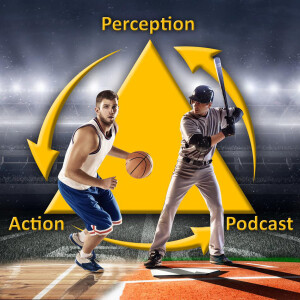
The Perception & Action Podcast
Science:Social Sciences

http://perceptionaction.com/
My Research Gate Page (pdfs of my articles)
My ASU Web page
Podcast Facebook page (videos, pics, etc)
Subscribe in iOS/Apple
Subscribe in Anroid/Google
Support the podcast and receive bonus content
Credits:
The Flamin' Groovies – Shake\Some Action
Mark Lanegan - Saint Louis Elegy
More Episodes
316 – Machine Learning for Understanding Motor Learning
 2020-08-18
2020-08-18
315 – Interview with Christian Vater, Bern, Using Peripheral Vision in Sports, Gaze Training
 2020-08-11
2020-08-11
314 – Knowing Your Opponent: Deception & an Ecological View on Using Probability Information
 2020-08-04
2020-08-04
313 – Do Explicit Strategies for Altering Technique Interfere with Implicit Motor Learning?
 2020-07-28
2020-07-28
312 – Adding Variability, Execution Redundancy & “Essential Noise” to Practice with Equipment Modifications
 2020-07-21
2020-07-21
311– Individual Differences & Intrinsic Dynamics: Why Do Some Performers Self-Organize Better Than Others?
 2020-07-14
2020-07-14
310 – Developing Adaptable Performers: Training in Regions of Metastability
 2020-07-07
2020-07-07
309 - Journal Club #20: Sport Practitioners as Sport Ecology Designers
 2020-07-02
2020-07-02
308 – Interview with Paula Silva, Cincinnati, Anti-fragility, Movement Adaptability, Dynamic Touch
 2020-06-30
2020-06-30
307- Using Biomechanical Analyses to Reduce Injury & Improve Performance
 2020-06-25
2020-06-25
306 – Interview with Matt Dicks. Portsmouth, Perception-Action Coupling, Exploring to Learn, Affordances
 2020-06-23
2020-06-23
305- Journal Club #16: What are “normal movements” in atypical populations?
 2020-06-18
2020-06-18
304 – Interview with Wolfgang Schollhorn, Mainz, Differential Learning
 2020-06-16
2020-06-16
303 - New Remote Motor Learning Technology
 2020-06-11
2020-06-11
302 – Interview with John van der Kamp, VU, Implicit Learning, Ventral vs Dorsal Stream, Movement Creativity
 2020-06-09
2020-06-09
301- Journal Club #14: Deliberate Practice
 2020-06-04
2020-06-04
300 - Evolution of My Ideas: How I Self-organized towards Self-Organization
 2020-06-02
2020-06-02
199 – Interview with Kate Wilmut, Oxford Brookes, Perceptual-Motor Control in DCD, Embodied Perception vs Action
 2020-06-01
2020-06-01
198- Journal Club #13: Affordances
 2020-05-28
2020-05-28
197 - Journal Club #12: Talent ID & Selection
 2020-05-26
2020-05-26
Create your
podcast in
minutes
- Full-featured podcast site
- Unlimited storage and bandwidth
- Comprehensive podcast stats
- Distribute to Apple Podcasts, Spotify, and more
- Make money with your podcast
It is Free
You may also like
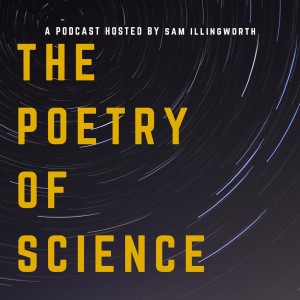
The Poetry of Science

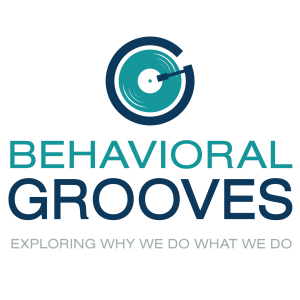
Behavioral Grooves Podcast

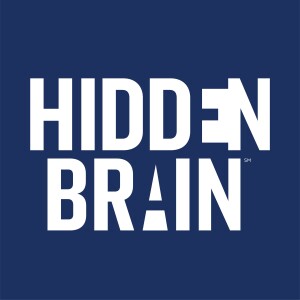
Hidden Brain


Something You Should Know

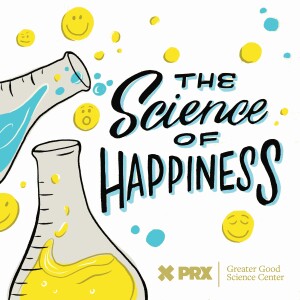
The Science of Happiness


- Privacy Policy
- Cookie Policy
- Terms of Use
- Consent Preferences
- Copyright © 2015-2024 Podbean.com


 iOS
iOS Android
Android